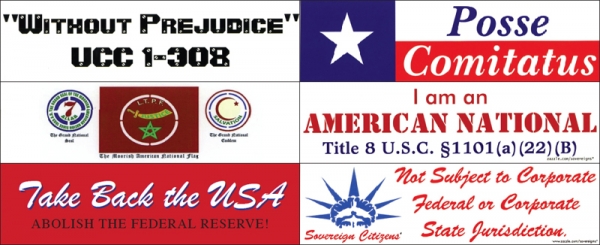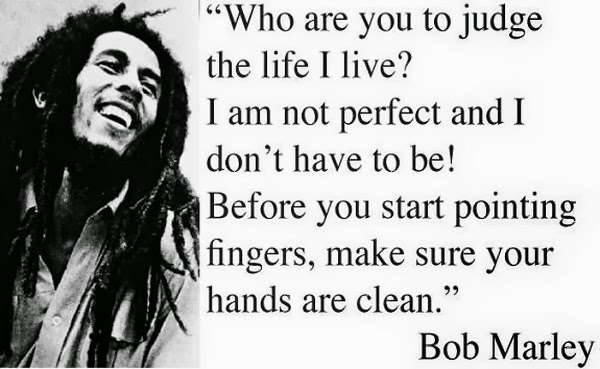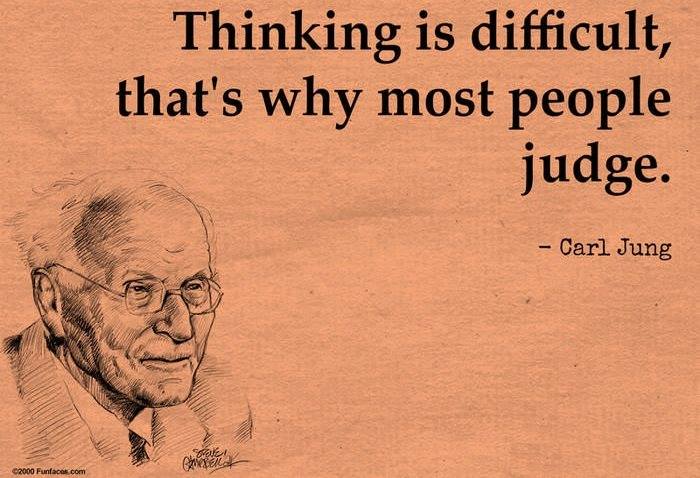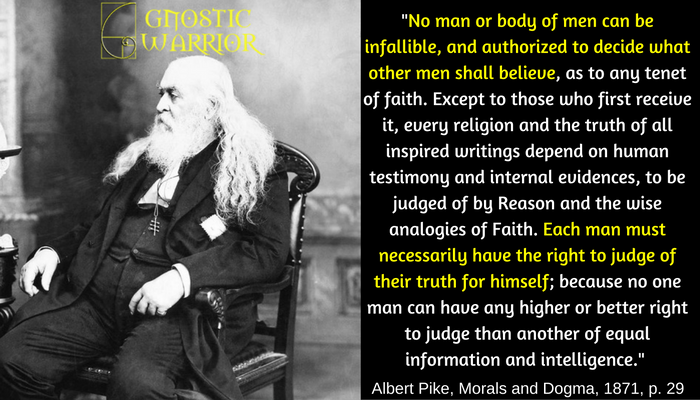Human justice must be ever uncertain. How many judicial murders have been committed through ignorance of the phenomena of insanity! How many men hung for murder who were no more murderers at heart than the jury that tried and the judge that sentenced them! It may well be doubted whether the ad-ministration of human laws, in every country, is not one gigantic mass of injustice and wrong. God seeth not as man seeth; and the most abandoned criminal, black as he is before the world, may yet have continued to keep some little light burning in a corner of his soul, which would long since have gone out in that of those who walk proudly in the sunshine of immaculate fame, if they had been tried and tempted like the poor outcast.
We do not know even the outside life of men. We are not competent to pronounce even on their deeds. We do not know half the acts of wickedness or virtue, even of our most immediate fellows. We cannot say, with certainty, even of our nearest friend, that he has not committed a particular sin, and broken a particular commandment. Let each man ask his own heart! Of how many of our best and of our worst acts and qualities are our most intimate associates utterly unconscious! How many virtues does not the world give us credit for, that we do not possess; or vices condemn us for, of which we are not the slaves! It is but a small portion of our evil deeds and thoughts that ever comes to light;
p. 132
and of our few redeeming goodnesses, the largest portion is known to God alone.
We shall, therefore, be just in judging of other men, only when we are charitable; and we should assume the prerogative of judging others only when the duty is forced upon us; since we are so almost certain to err, and the consequences of error are so serious. No man need covet the office of judge; for in assuming it he assumes the gravest and most oppressive responsibility. Yet you have assumed it; we all assume it; for man is ever ready to judge, and ever ready to condemn his neighbor, while upon the same state of case he acquits himself. See, therefore, that you exercise your office cautiously and charitably, lest, in passing judgment upon the criminal, you commit a greater wrong than that for which you condemn him, and the consequences of which must be eternal.
The faults and crimes and follies of other men are not unimportant to us; but form a part of our moral discipline. War and bloodshed at a distance, and frauds which do not affect our pecuniary interest, yet touch us in our feelings, and concern our moral welfare. They have much to do with all thoughtful hearts. The public eye may look unconcernedly on the miserable victim of vice, and that shattered wreck of a man may move the multitude to laughter or to scorn. But to the Mason, it is the form of sacred humanity that is before him; it is an erring fellow-being; a desolate, forlorn, forsaken soul; and his thoughts, enfolding the poor wretch, will be far deeper than those of indifference, ridicule, or contempt. All human offences, the whole system of dishonesty, evasion, circumventing, forbidden indulgence, and intriguing ambition, in which men are struggling with each other, will be looked upon by a thoughtful Mason, not merely as a scene of mean toils and strifes, but as the solemn conflicts of immortal minds, for ends vast and momentous as their own being. It is a sad and unworthy strife, and may well be viewed with indignation; but that indignation must melt into pity. For the stakes for which these gamesters play are not those which they imagine, not those which are in sight. For example, this man plays for a petty office, and gains it; but the real stake he gains is sycophancy, uncharitableness, slander, and deceit.
Good men are too proud of their goodness. They are respectable; dishonor comes not near them; their countenance has weight and influence; their robes are unstained; the poisonous breath of

Moe is the founder of GnosticWarrior.com. He is a father, husband, author, martial arts black belt, and an expert in Gnosticism, the occult, and esotericism.





![How the South Saxons received Eadbert and Eolla, and the West Saxons, Daniel and Aldhelm, for their bishops; and of the writings of the same Aldhelm [705 A.D.] | Book 5 | Chapter 17 How the South Saxons received Eadbert and Eolla, and the West Saxons, Daniel and Aldhelm, for their bishops; and of the writings of the same Aldhelm [705 A.D.] | Book 5 | Chapter 17](https://www.gnosticwarrior.com/wp-content/plugins/contextual-related-posts/default.png)